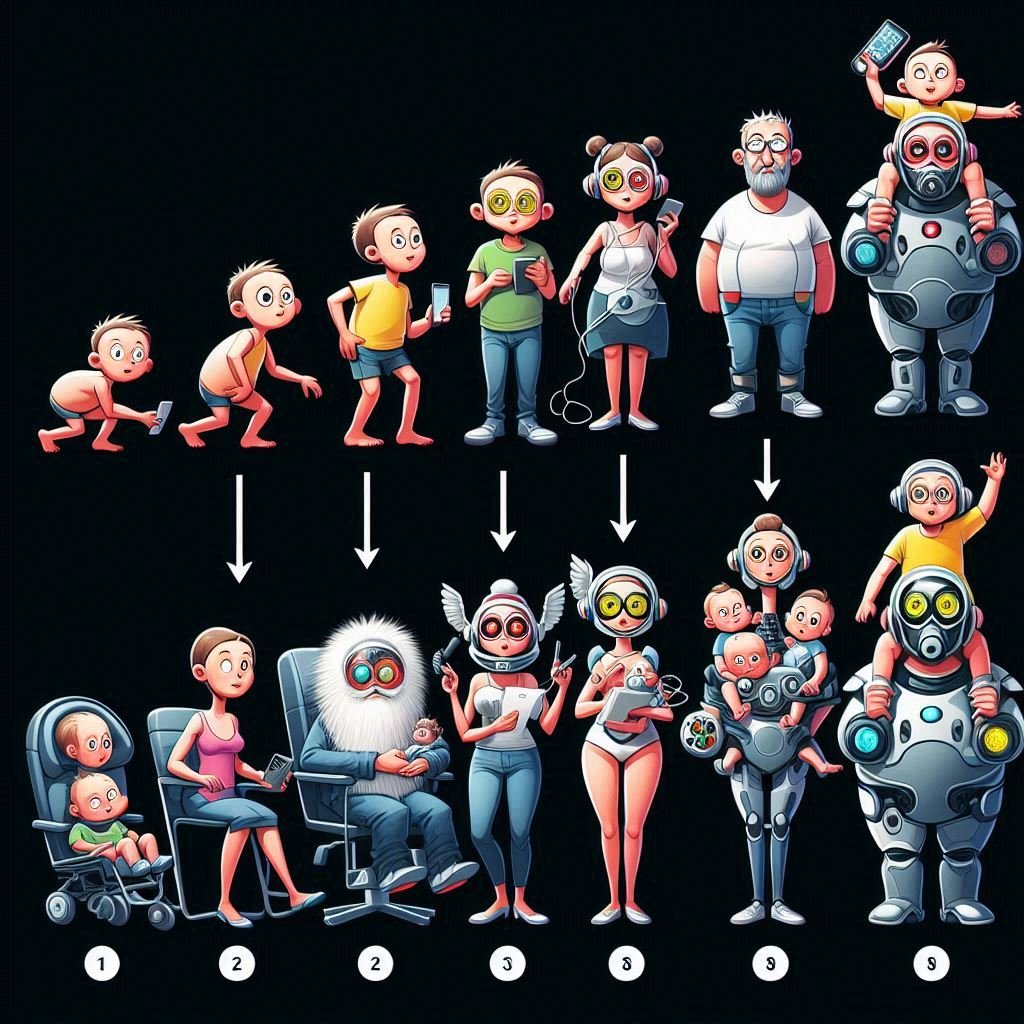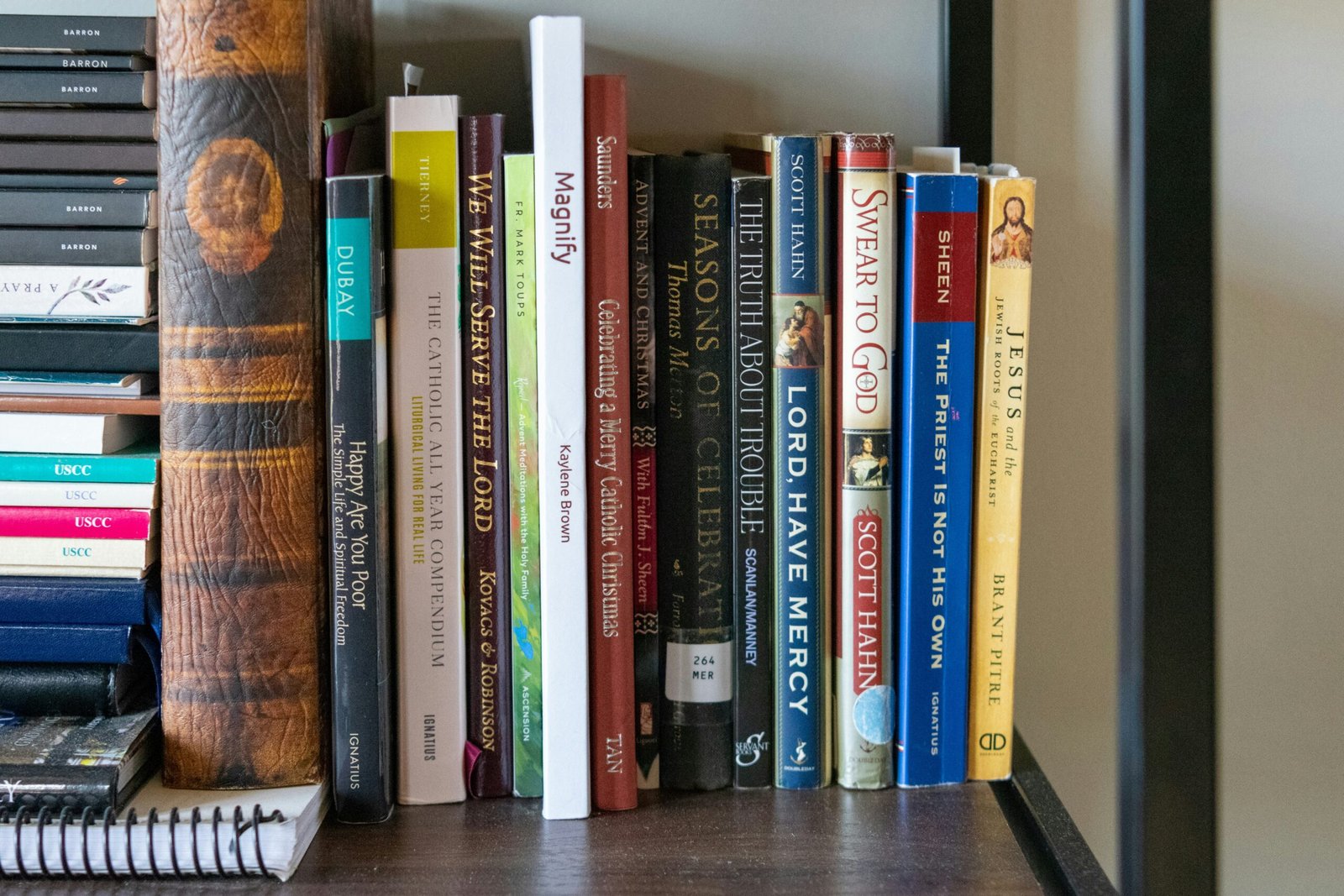
Table of Contents
Family evolution : From Joint Families to Nuclear Units

What is family evolution
Family evolution refers to the gradual change in family structures, roles, and dynamics over time, influenced by social, economic, and cultural factors. It reflects how families adapt to changes in lifestyle, geography, work environments, and societal norms.
What are Extended Families or joint Families
The joint family concept, where multiple generations live together under one roof, has been a traditional social structure across many parts of the world, particularly in Asia, Africa, and the Middle East. In a joint family, grandparents, parents, uncles, aunts, cousins, and children live together, sharing responsibilities, finances, and resources.
Origins of the Joint Family
- Historical Roots: Joint families have existed for thousands of years. In ancient India, China, and other agrarian societies, it was essential for survival. Large families were needed to farm the land, share responsibilities, and support each other economically.
- Economic and Social Reasons: In agricultural societies, pooling resources together was beneficial for the survival of the family. It allowed for collective labor and support in times of crisis.
- Cultural Influence: In many cultures, the concept of filial piety (respect for elders) and strong family bonds reinforced the idea of joint families.
Disadvantages of Joint Family
- Lack of Privacy: With many members living under the same roof, privacy can be limited, leading to personal and emotional strain.
- Financial Stress: Managing finances in a large family can be challenging. Conflicts may arise over resource distribution.
- Interference: Decision-making in a joint family is often influenced by elders, which may lead to frustration or disputes among younger members who want more independence.
- Conflict of Interests: With so many family members, differences in opinions, lifestyles, and personal choices can lead to frequent conflicts.
- Dependency: Younger generations may become overly reliant on the elder members of the family, which can hinder their personal growth or responsibility-taking.
Origins of the Nuclear families
- Nuclear families are family units consisting of two parents (a mother and a father) and their children, living together as a single household. This family structure is distinct from extended families, which include other relatives like grandparents, aunts, uncles, and cousins living together or nearby. Nuclear families emphasize a smaller, more self-contained household, often common in Western societies like Europe and the USA. The rise of nuclear families is linked to urbanization, economic shifts, and increased focus on individual autonomy and mobility.
Transition to Nuclear families
- Industrial Revolution: In the late 18th and 19th centuries, the Industrial Revolution in Europe and the USA led to a shift from agrarian lifestyles to industrial and urban living. Nuclear families (parents and children) became more practical in urban environments where jobs were scarce, and individual mobility became important for economic success.
- Urbanization: As cities grew, living spaces shrank. The nuclear family model allowed for more flexibility, with smaller households being more manageable in limited living spaces.
- Economic Independence: Over time, individual earning potential increased, reducing the need for extended family dependence. Couples or single individuals were able to support themselves without relying on a large family structure.
- Cultural Shifts: Societies in Europe and the USA began to prioritize individualism and personal freedom, which contributed to the preference for nuclear families. Privacy, autonomy, and personal decision-making became values that encouraged smaller family units.
Why Europe and the USA Embrace Nuclear families
- Individualism: Western societies prioritize individual freedom, self-reliance, and personal achievements. People are encouraged to build their own independent households.
- Mobility: Economic and career-driven migration in Western countries means individuals move frequently for jobs, which makes it impractical to live in joint families.
- Economic Models: The economic structure in Europe and the USA is based on a strong welfare system, where individuals do not rely on family networks for financial or health security.
- Technological Advancements: More advanced healthcare, education, and social services reduce the dependency on extended family support.
- Gender Equality: The rise of women in the workforce has changed family dynamics. Couples now share responsibilities equally, reducing the need for extended family support.
Conclusion
The shift from joint families to nuclear families was driven by industrialization, urbanization, and cultural change. While joint families offer emotional support, security, and shared responsibility, they may face issues like lack of privacy and independence. In contrast, nuclear families allow for personal freedom and flexibility, which are highly valued in Western societies that prioritize individual achievement, but they may lack the social support systems inherent in joint family models.
POSTS


Osho educational philosophy

Education and Personal Development: The Pathway to a Fulfilling Life

Exploring Osho’s “Ek Onkar Satnam”: A Journey into Spiritual Unity and Inner Truth

Breaking Chains: Osho’s Vision of Spirituality Beyond Guilt and Repression

ओशो के दृष्टिकोण में भाषा और धर्म का संबंध

Exploring the Highlights of ‘Jeevan Ki Khoj’ by Osho

AI and Consciousness and Awareness
